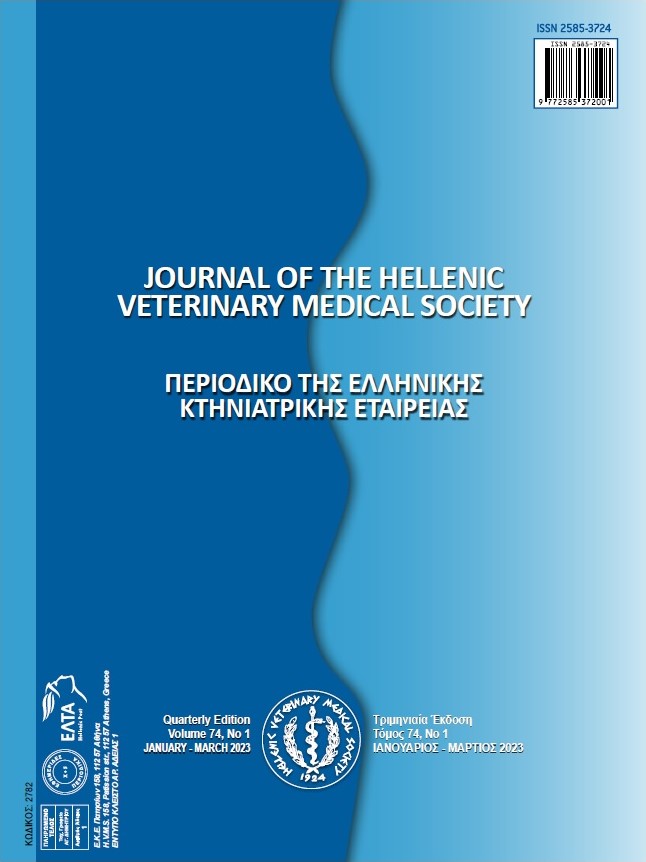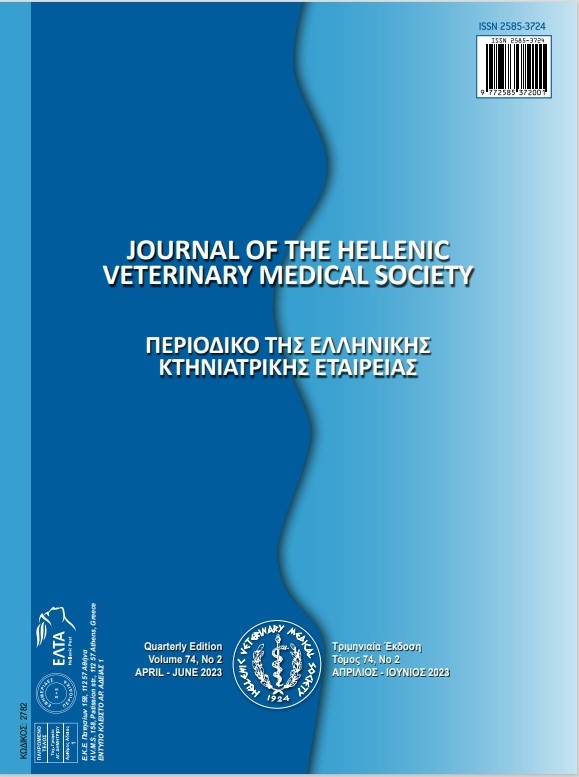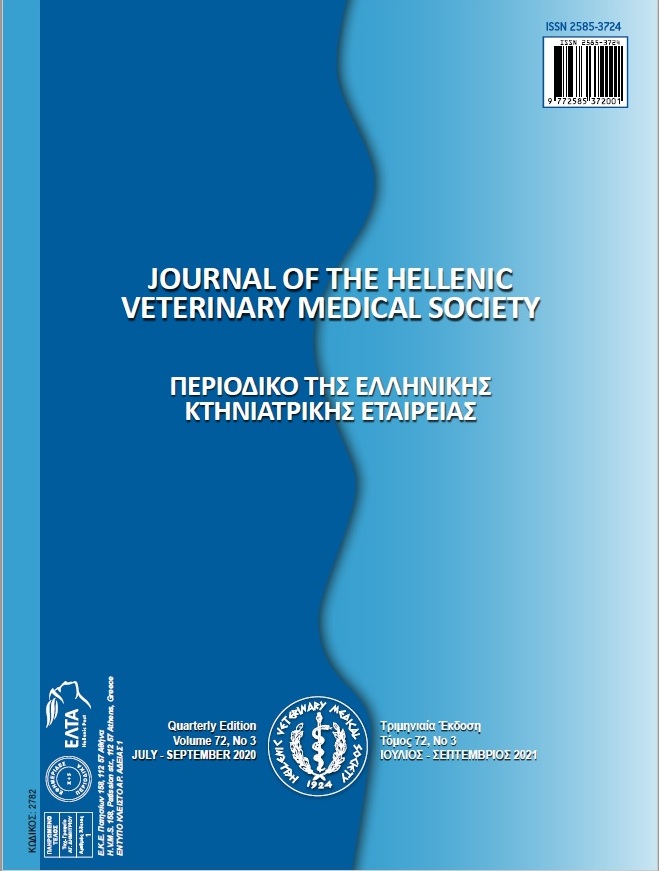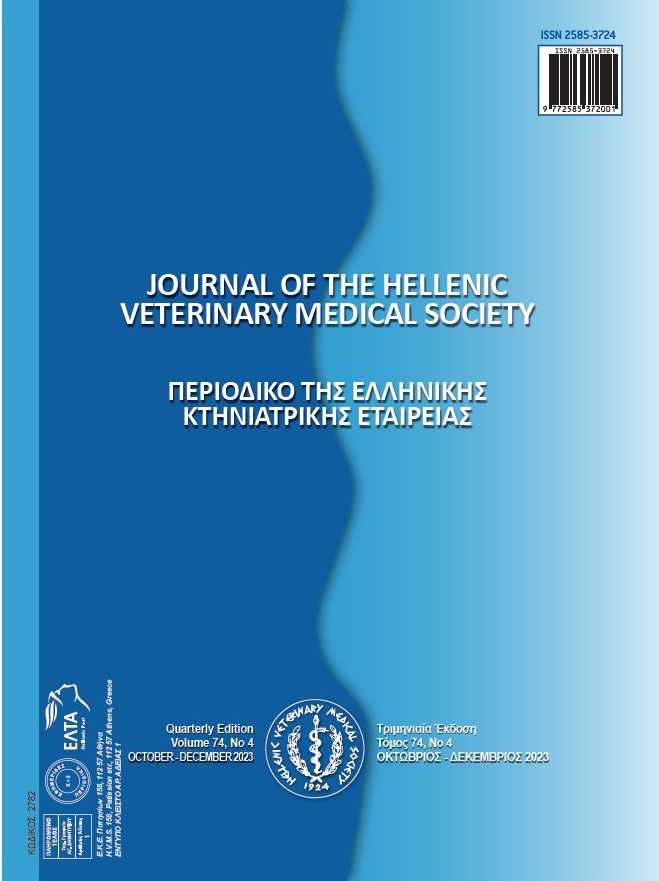Escherichia coli as Microbiological Quality Water Indicator:A High Importance for Human and Animal Health Microbiological water quality
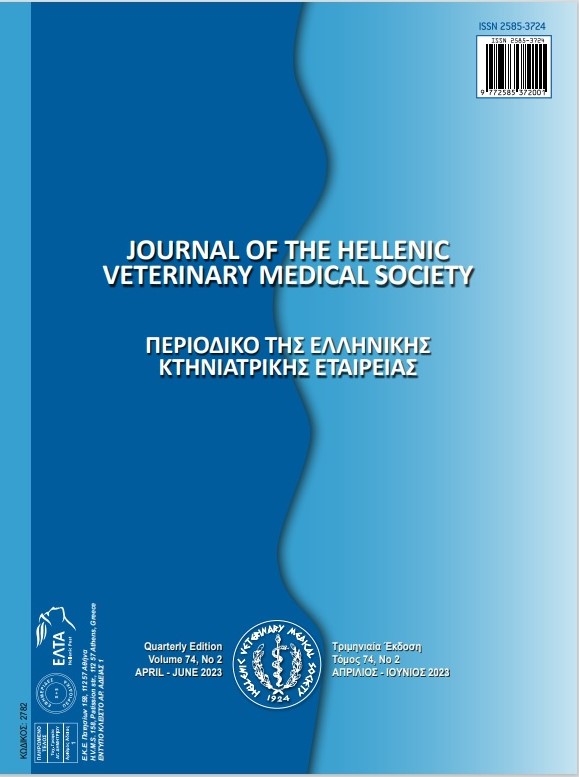
Abstract
The purpose of this review is to demonstrate the importance of monitoring microbiological quality in water for animals and humans, which relies primarily on coliforms, mostly Escherichia coli. Fecal coliforms, such as E. coli, are more specific indicators of fecal pollution. A fecal contamination detection can be performed not just in drinking water, but also in the environment. As a result of improved detection methods for E. coli, drinking water is becoming more reliable as a result of the use of E. coli as an indicator of fecal pollution. Drinking water contamination by feces is currently best detected by E. coli. Accordingly, temperate environments are more likely to have fecal coliforms than tropical environments, human and animal feces have high levels of E. coli in comparison to other fecal coliforms, and E. coli detection methods are more affordable, fast, sensitive, specific, and easy to use than other fecal coliforms.
Article Details
- How to Cite
-
Zarić, G., Cocoli, S., Šarčević, D., Vještica, S., Prodanović, R., Puvača, N., & Carić, M. (2023). Escherichia coli as Microbiological Quality Water Indicator:A High Importance for Human and Animal Health: Microbiological water quality. Journal of the Hellenic Veterinary Medical Society, 74(3), 6117–6124. https://doi.org/10.12681/jhvms.30878
- Issue
- Vol. 74 No. 3 (2023)
- Section
- Review Articles

This work is licensed under a Creative Commons Attribution-NonCommercial 4.0 International License.
Authors who publish with this journal agree to the following terms:
· Authors retain copyright and grant the journal right of first publication with the work simultaneously licensed under a Creative Commons Attribution Non-Commercial License that allows others to share the work with an acknowledgement of the work's authorship and initial publication in this journal.
· Authors are able to enter into separate, additional contractual arrangements for the non-exclusive distribution of the journal's published version of the work (e.g. post it to an institutional repository or publish it in a book), with an acknowledgement of its initial publication in this journal.
· Authors are permitted and encouraged to post their work online (preferably in institutional repositories or on their website) prior to and during the submission process, as it can lead to productive exchanges, as well as earlier and greater citation of published work.



